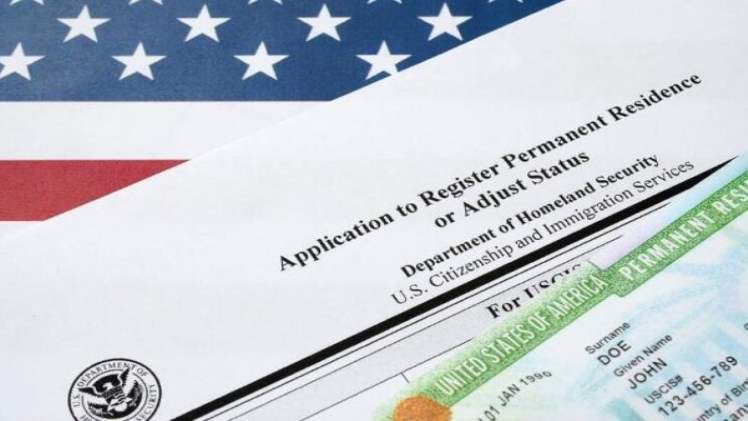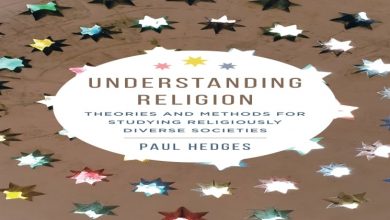Employer-Based Adjustment of Status: A Comprehensive Guide

With the help of an employment-based adjustment of status, foreign individuals working in the US on a work visa can get a green card and live there permanently. If a foreign national has a stable job with an employer that is prepared to sponsor their petition for a green card, they can choose the employment-based adjustment of the status route.
For sound advice on employment-based adjustment of status, speak to a Dallas EB-1 visa attorney with experience in this area.
Requirements for Employment-Based Status Adjustment
You need an EB-1, EB-2, or EB-3 visa to be eligible for employment-based adjustment status. Additionally, you must be presently present in the US. If you currently have both statuses, you can submit Form I-485 to apply for adjustment of status or permanent residency.
Additionally, you must demonstrate that the job you were initially given in Form I-140, Immigrant Petition for Alien Worker, is still available and that you intend to take it when the U.S. Citizenship and Immigration Services (USCIS) authorises Form I-485. But if you change jobs or employers, you must provide proof that the new position falls under the same or a related occupational classification as the one listed on the previous form.
Please visit for more information: Apkpure
How to Submit an Employment-Based Status Adjustment Application
If you are an EB-1, EB-2, or EB-3 immigrant already lawfully present in the country, you must first submit a Form I-140 to the USCIS and specify that you want to pursue state adjustment status. After the application has been accepted and a visa number for the applicant’s place of origin is available, you can complete Form I-485 to apply for a green card without leaving the country.
click here for more info from Autodesk
Immigrants may benefit significantly from an employment-based adjustment of status since it eliminates the need to return to their country of origin to apply for a green card at the consulate.
Categories of Employment-Based Immigrant Visas
The three categories of visas that are acceptable for employment-based adjustment of status are described below:
- Individuals with extraordinary talents in the arts, sciences, business, athletics, mathematics, or education, such as professors and researchers, are considered priority workers (EB-1, Employment First Preference). Executives in international corporations also fall under this group.
- Exceptional Talents or Advanced Degrees (EB-2): People whose skills and talents may significantly advance the economy, welfare, or interests of culture and education in the United States.
- Applicants with a baccalaureate degree can perform unskilled or skilled work for which no qualified U.S. workers are considered professional or experienced (EB-3).




